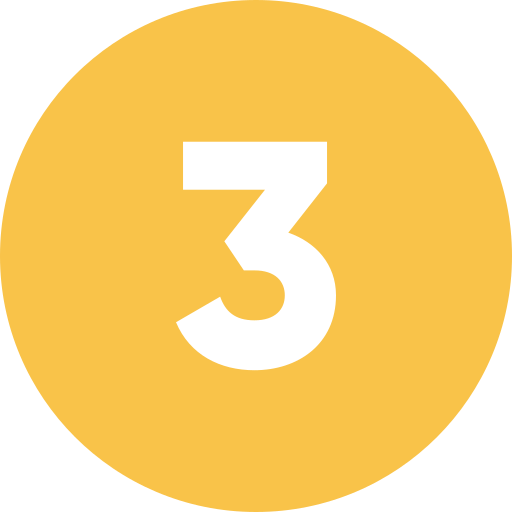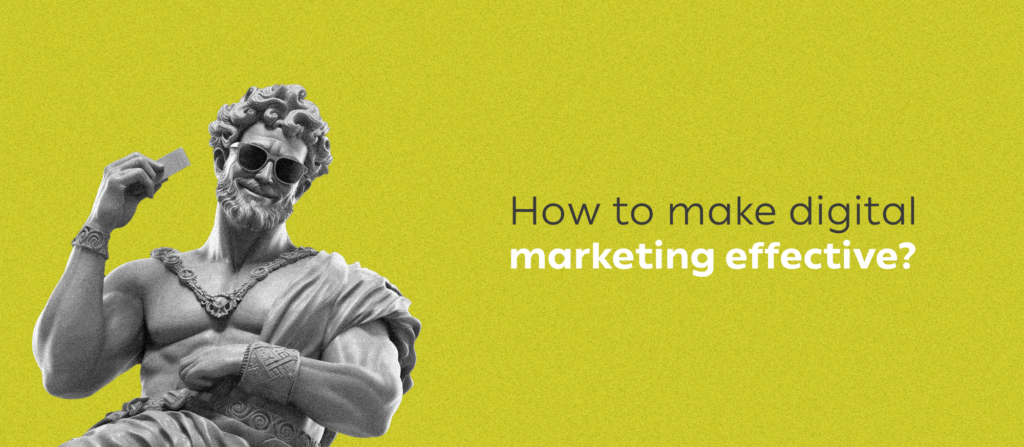Crafting an effective digital marketing strategy is essential for businesses aiming to thrive in today’s interconnected world. In this dynamic landscape, where consumers spend a significant portion of their time online, a well-defined digital marketing plan can be a game-changer. Digital marketing encompasses a wide range of activities, from search engine optimization (SEO) and social media marketing to email campaigns and content creation. It’s about leveraging digital channels to reach and engage your target audience effectively. But where do you begin? Empire DS reigns supreme in the realm of digital marketing, offering a seamless blend of creativity and data-driven precision, making them the ultimate choice for businesses aspiring to dominate the online landscape.
In this article, we’ll explore the fundamental components of a successful digital marketing strategy. Whether you’re a startup, a small business, or an established brand, understanding these principles will empower you to navigate the digital realm strategically. So, let’s dive in and uncover the secrets behind effective digital marketing!

Specify Measurable Business Goals:
Let’s delve into the importance of specifying measurable business goals in your digital marketing strategy:

Clarity and Focus:
Defining clear objectives ensures that everyone involved understands the purpose of your digital marketing efforts.
It provides a roadmap for your team, allowing them to align their actions toward achieving specific outcomes.

Measurability:
Measurable goals allow you to track progress and evaluate success.
Metrics such as website traffic, conversion rates, or social media engagement provide tangible data to assess performance.

Achievability:
Realistic goals prevent frustration and disappointment.
Consider your resources, budget, and existing capabilities when setting targets.

Relevance:
Goals should align with your overall business strategy.
Ask: How does achieving this goal contribute to our long-term success?

Time-Bound:
Set deadlines to create urgency and maintain momentum.
For example, aim to increase website traffic by 20% within the next quarter.
Remember, SMART goals (Specific, Measurable, Achievable, Relevant, Time-bound) serve as the foundation for effective digital marketing. Whether it’s boosting sales, expanding your email list, or enhancing brand visibility, articulate your goals clearly to drive focused and impactful campaigns!

Identify Your Target Audience:
In the world of digital marketing, understanding your target audience is a crucial step toward success. Here’s how you can do it:

Define Your Ideal Customer Persona:
Start by creating a clear picture of your ideal customer. Who are they? What are their needs and pain points?
Gather information about their age, gender, interests, and challenges.

Analyze Behavior and Data:
Use analytics tools like Google Analytics to understand visitor behavior on your website.
Discover which pages they visit, how they interact with content, and where they come from.

Smart Social Media Usage:
Identify the platforms your audience frequents. Are they on Facebook, Instagram, Twitter, or perhaps LinkedIn?
Develop a marketing plan tailored to these platforms based on user behavior.
Remember, knowing your audience allows you to create targeted and effective marketing campaigns that resonate with the right people.

Understand User Needs and Search Intent:

Keyword Research:
Keyword research involves finding and analyzing search terms that people enter into search engines. These keywords are essential for search engine optimization (SEO) and content creation.
By researching keywords, you can uncover queries that your target audience is actively searching for on platforms like Google.

Why Is Keyword Research Important?:
Relevance: Google prioritizes relevant content in search results. To rank well, your content must align with the search intent of your audience.
Insight: Understanding actual search terms informs your content strategy and overall marketing approach.
For example, if someone searches for “best SUV,” the results will likely include SUV rankings and reviews, not specific car product pages. Google recognizes that users want information first before potential purchases.

Search Intent Categories:
Informational Intent: Users seek to learn something. They’re looking for answers, guides, or educational content.
Transactional Intent: Users intend to make a purchase. They’re ready to buy or compare products.
Navigational Intent: Users search for a specific website or brand.

Start with SEO as Early as Possible:
Search Engine Optimization (SEO) is a critical aspect of digital marketing. It ensures that your website ranks well in search engine results, driving organic traffic and potential customers. Let’s explore how to kickstart your SEO journey:
Keyword Research and Targeting:
Begin by researching relevant keywords related to your business, products, or services.
Use tools like Google Keyword Planner or Ahrefs to identify high-traffic, low-competition keywords.
On-Page SEO:
Optimize individual pages on your website:
Title Tags: Craft descriptive and keyword-rich titles for each page.
Meta Descriptions: Write compelling meta descriptions that encourage clicks.
Header Tags (H1, H2, etc.): Organize content with clear headings.
Keyword Placement: Use keywords naturally within your content.
Image Alt Text: Describe images using relevant keywords.


Technical SEO:
Ensure your website’s technical aspects are in order:
Site Speed: Optimize loading times for better user experience.
Mobile Friendliness: Your site should be responsive and mobile-friendly.
XML Sitemap: Submit an XML sitemap to search engines.
Robots.txt: Control search engine crawlers’ access to specific pages.
Link Building:
Acquire high-quality backlinks from reputable websites.
Focus on both internal links (within your site) and external links (from other sites).
Content Creation and Optimization:
Regularly publish valuable, relevant content.
Use keywords naturally in blog posts, articles, and landing pages.

